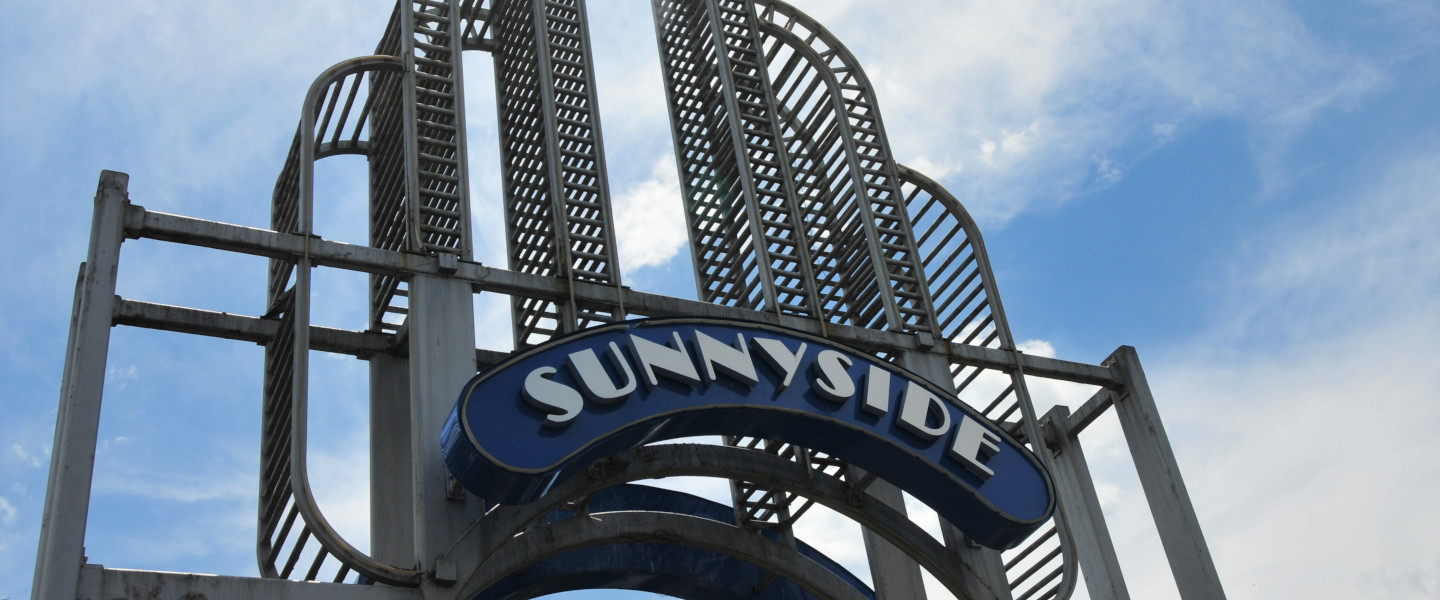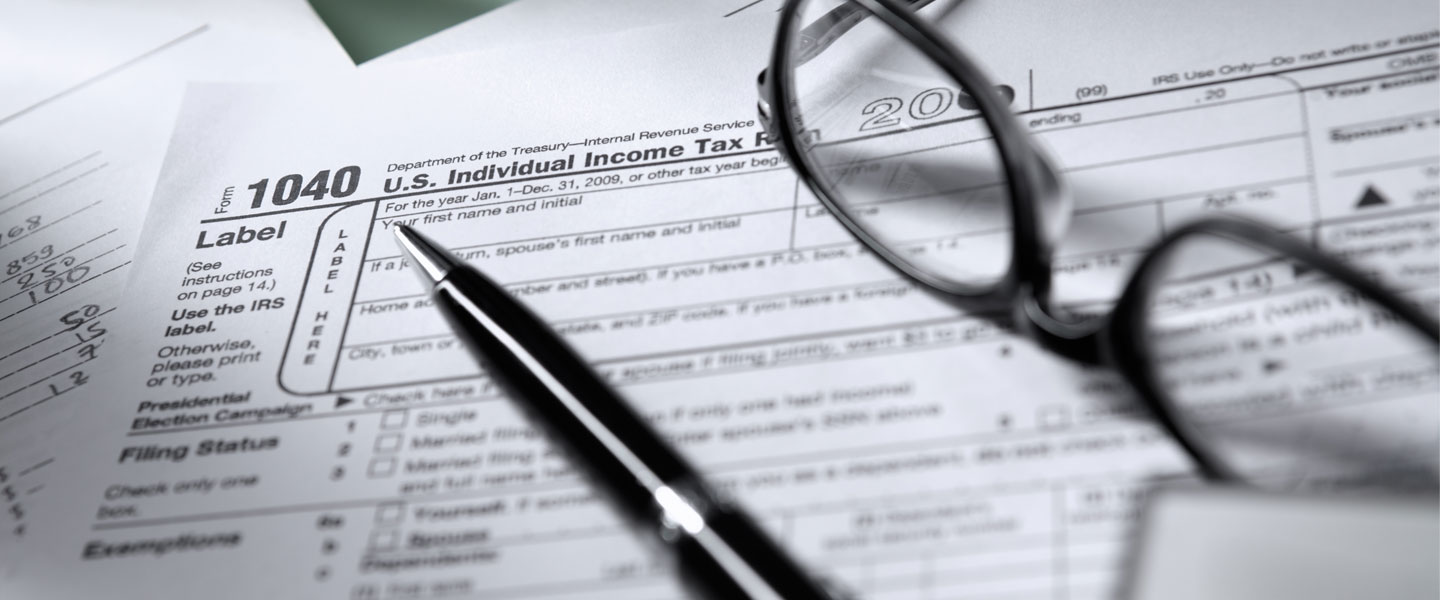What you need to know about the enhanced business meal deduction
Here’s what businesses need to know about the enhanced business meal deduction
The IRS encourages businesses to begin planning now to take advantage of tax benefits available to them when they file their 2022 federal income tax return. This includes the enhanced business meal deduction.
For 2021 and 2022 only, businesses can generally deduct the full cost of business-related food and beverages purchased from a restaurant. Otherwise, the limit is usually 50% of the cost of the meal.
To qualify for the enhanced deduction:
- The business owner or an employee of the business must be present when food or beverages are provided.
- Meals must be from restaurants, which includes businesses that prepare and sell food or beverages to retail customers for immediate on-premises or off-premises consumption.
- Payment or billing for the food and beverages occurs after December 31, 2020, and before January 1, 2023.
- The expense cannot be lavish or extravagant.
Grocery stores, convenience stores and other businesses that mostly sell pre-packaged goods not for immediate consumption, do not qualify as restaurants. ¬
Employers may not treat certain employer-operated eating facilities as restaurants, even if they operate under contract by a third party.
Here’s what business owners need to know about certain costs:
- The cost of the meal can include taxes and tips.
- The cost of transportation to and from the meal isn’t part of the cost of a business meal.
Entertainment events
Business owners may be able to deduct the costs of meals and beverages provided during an entertainment event if either of these apply:
- the purchase of the food and beverages occurs separately from the entertainment
- the cost of the food and beverages is separate from the cost of the entertainment on one or more bills, invoices, or receipts.
Businesses should review the special recordkeeping rules that apply to business meals.
More information:
Publication 463, Travel, Gift, and Car Expenses





